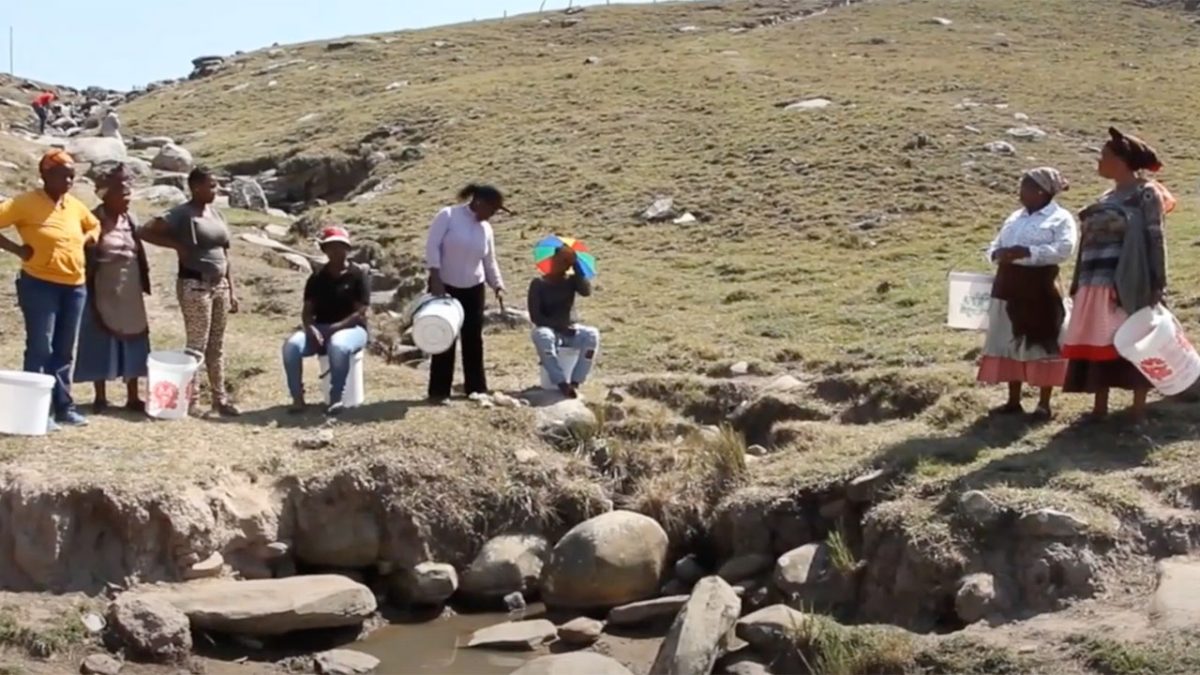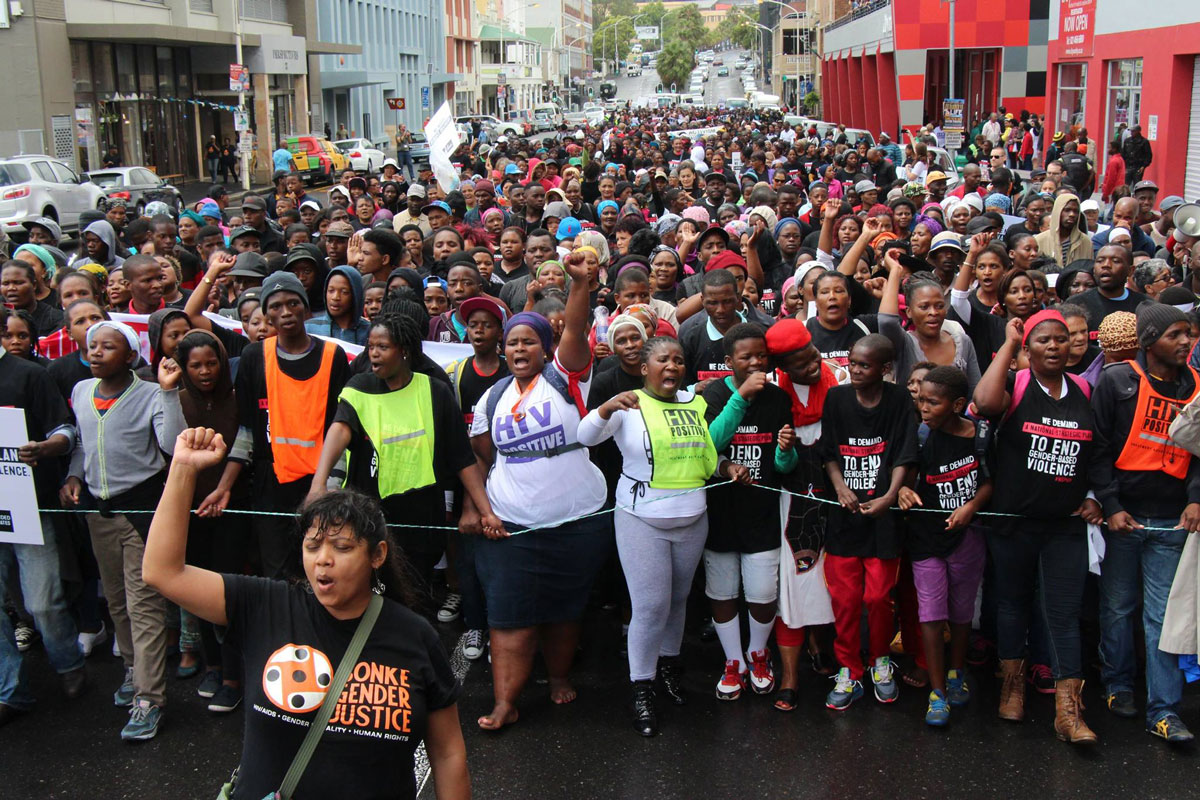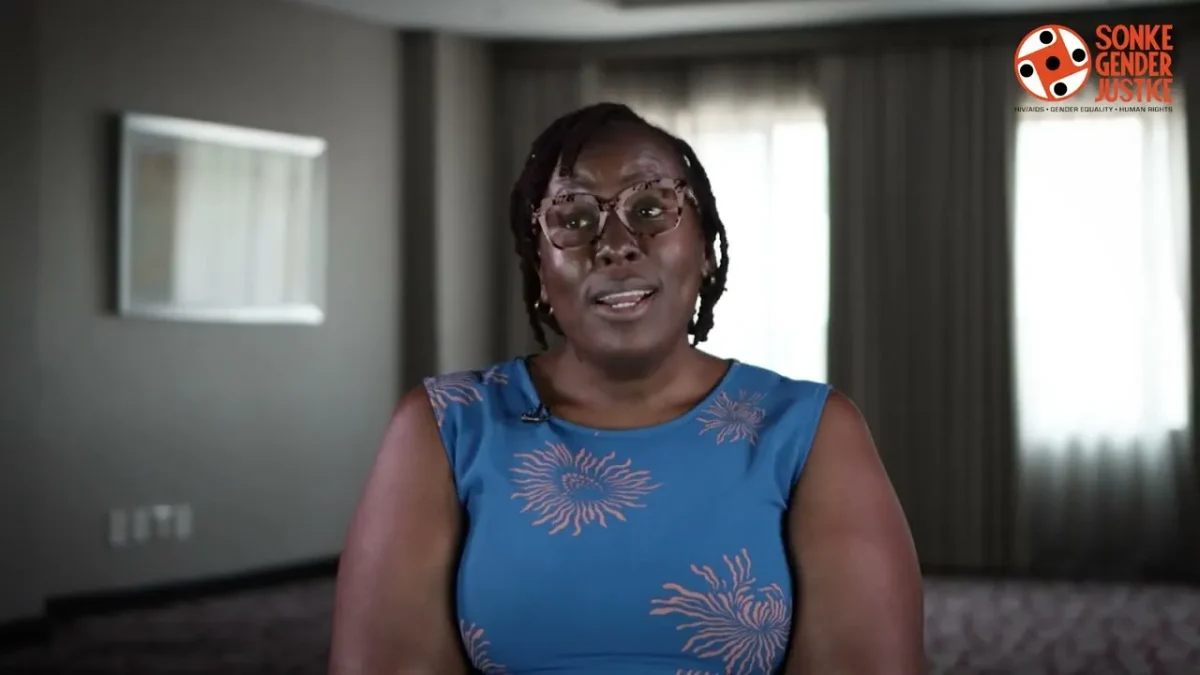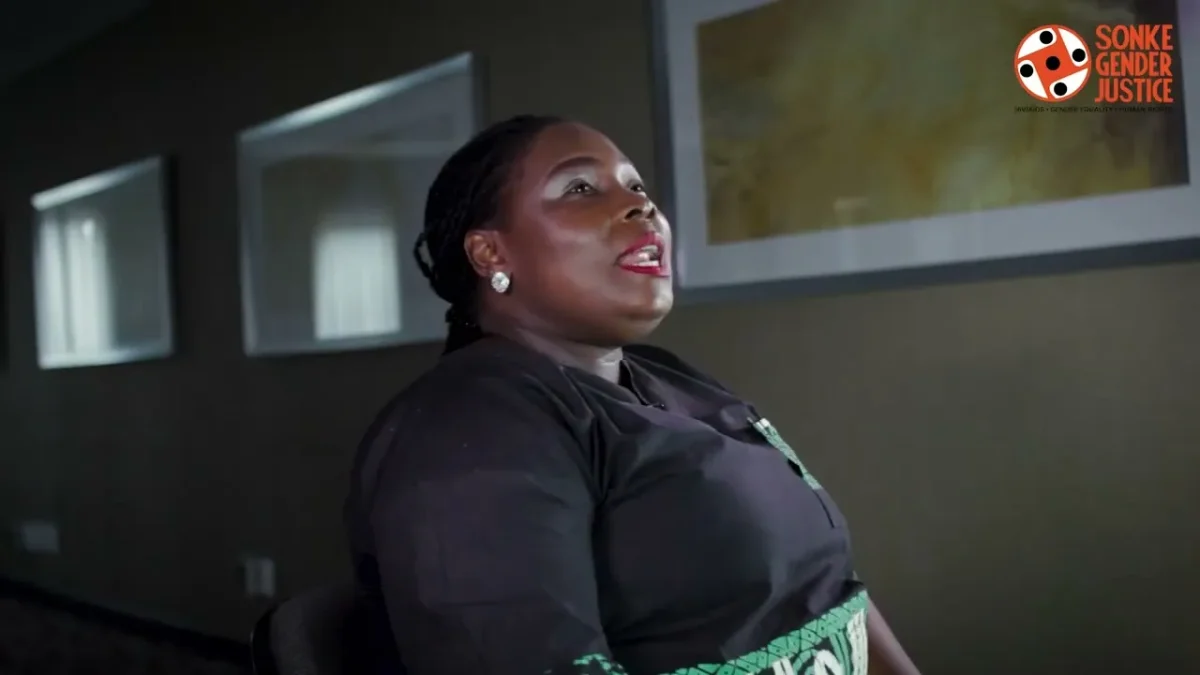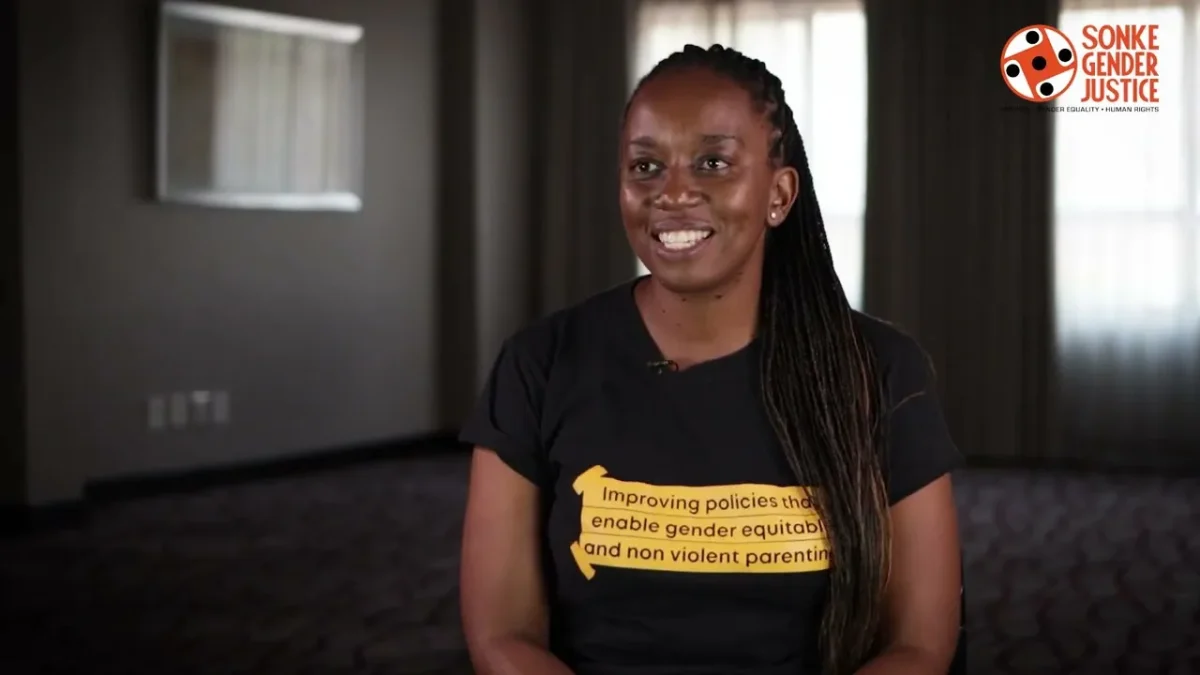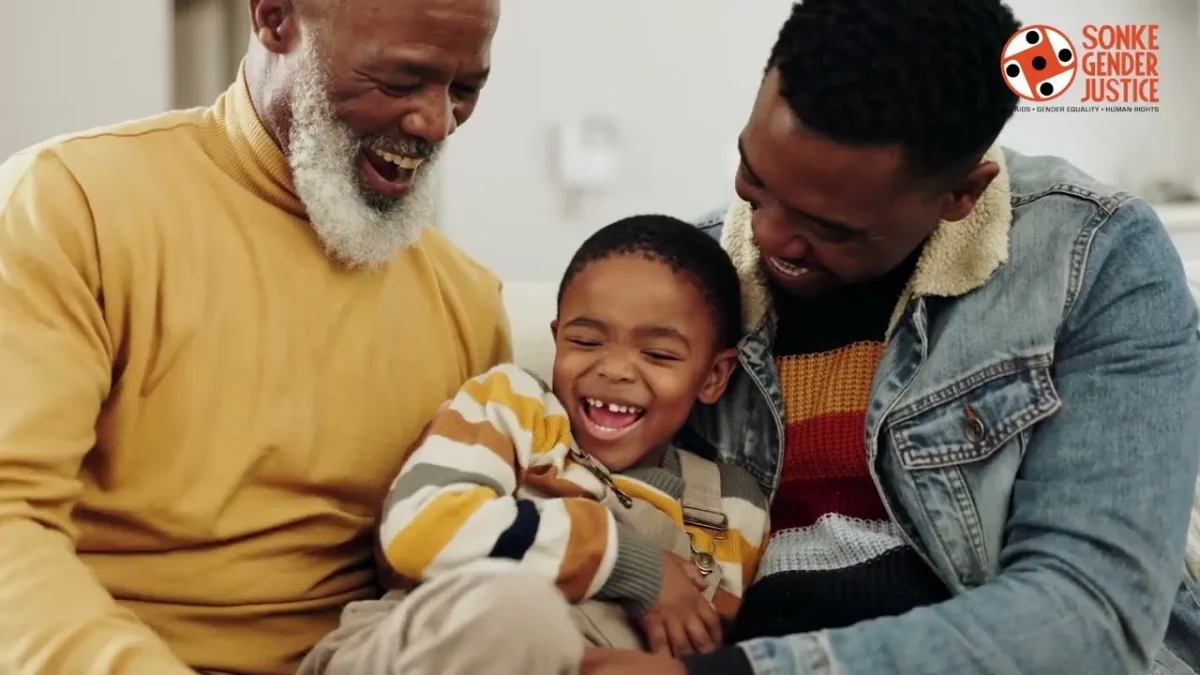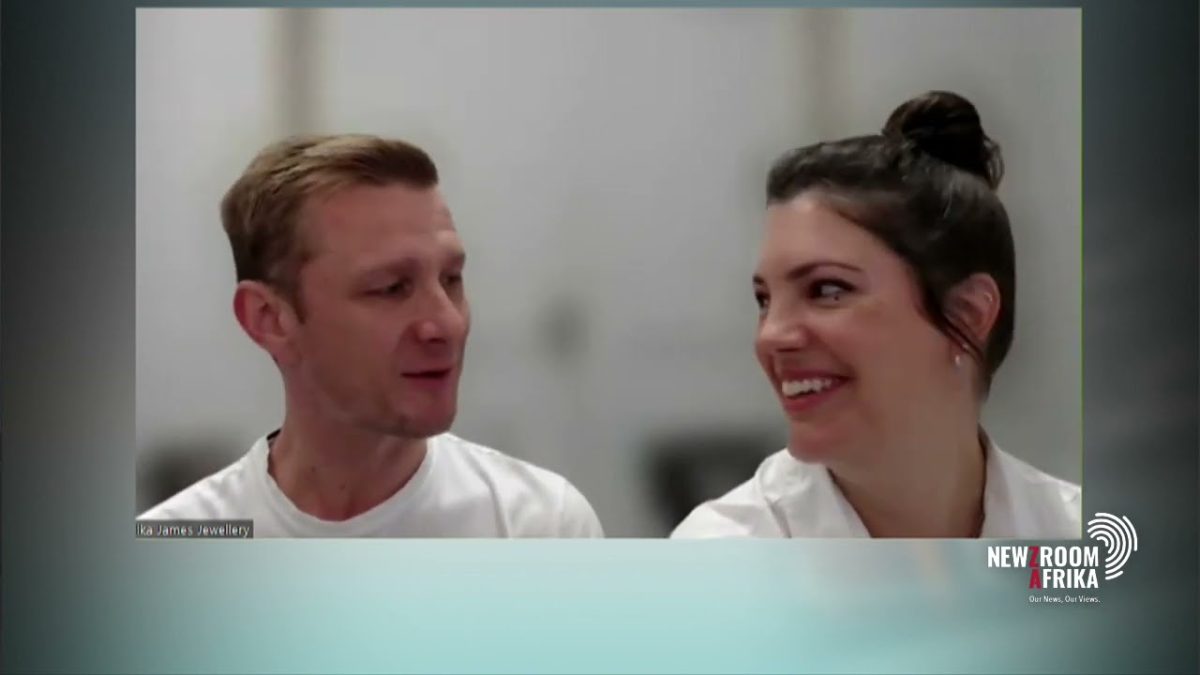The video features the women of Toboyi and nearby villages in Ngqamakhwe (Ward 17), in the Eastern Cape, who are faced with the challenges of water scarcity.
The presence or absence of a safe and adequate water supply, as well as improved sanitation facilities, has a disproportionate impact on the lives of women and girls. Water scarcity adversely affects women and negatively impacts gender equality in the long run. It is especially dangerous for women and girls to fetch water from rivers. They are vulnerable to harassment, assault, and rape by strangers as well as people close to them, such as family members or community members.
Without safe drinking water and adequate hygiene and sanitation facilities at home, it is extremely difficult for women and girls to lead safe, productive, and healthy lives, due to the heavy burden of care placed upon women.
In this video, women from the Toboyi village detail the risks and challenges they face when they must fetch water from various places. The film highlights the unique and often hidden impact of gender inequality on women’s access to water and sanitation in remote rural areas, and the lack of accountability by several layers of government to manage water appropriately.
Gender equality is intrinsically linked with water access because it is a fundamental human right that should be guaranteed for all people. Sonke Gender engaged with different stakeholders to fight alongside the community of Toboyi and nearby villages to have access to water.

